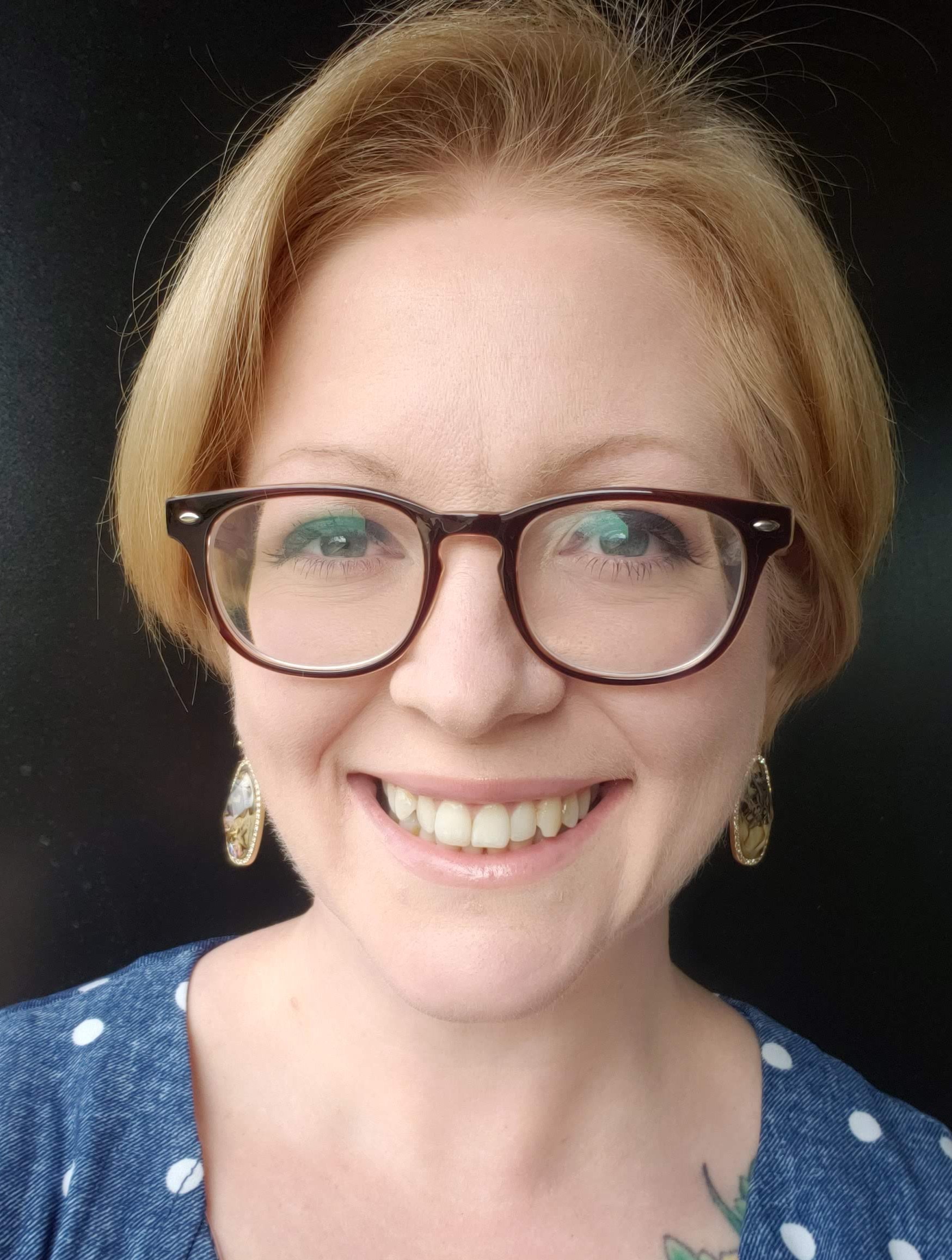Mike’s Monday Message Takeover: Native American Heritage Month: Embracing an Abundance Mindset

When I take in the world around me, I see a world of gifts.
I’m blessed with the spirit of an adventurer, explorer, and wanderer—someone who sees both abundance and the potential for abundance. I’m excited by that potential. We are surrounded by gifts in many forms throughout the year, but the visible bounty of the harvest season and Thanksgiving celebrations encourage us to boldly wear gratitude on our sleeves.
Thanksgiving can also, for many Native American Peoples, be a painful reminder of how historical myths continue to have very real and harmful implications for our communities today. American tradition upholds this popular historical myth as evidence of progress for peaceful settler-Indigenous relations, and in doing so denies the imbalance of power and privilege in colonial spaces such as fundraising and philanthropy.
Despite a national population average of 2 percent in the US, Native-led solutions receive less than 0.3% of philanthropic dollars. Irresponsible data collection, interpretation, and dissemination continue to either erase the presence of Indigenous people or uphold the opinion that Indigenous populations are statistically insignificant. The idea is that the most dollars should go to the most need. But what do we interpret as most needed? And who exactly are we counting in our data on Indigenous communities?
Underinvestment in Native-led social change indicates how fundraising and philanthropy in practice devalues the contemporary contributions of Indigenous people and practices to public life. Navigating philanthropy as an early-career fundraiser while also cultivating an Urban Native knowledge hub has seemed nearly impossible to reconcile in terms of cultural approach. I’ve found the lion’s share of my early experiences in philanthropy thus far to be largely transactional, quid pro quo, rather than relational as I’d hoped. For my own practice, I’m trying to reinvigorate an Indigenous spirit of generosity and reciprocity and reimagine what it means to indigenize philanthropy.
Philanthropy is embedded in Indigenous value systems, with profound generosity and humility as social expectations. The greatest demonstration of wealth is to give your wealth away. Instead of transactional demonstrations of generosity, we live in its perpetual spirit. We live in the gratitude each day brings, with the hope that our gratitude leaves us wanting less and less.
In the spirit of exploring, I ask you to reflect on the responsibility inherent in our roles as fundraisers. How can we be intentional in our giving to Native-led organizations and community-based solutions? How can we reimagine philanthropy to embrace and elevate Indigenous values? How can we adjust our perspectives to see a world brimming with gifts of abundance that we could never hope to prove ourselves worthy of?
Must we demonstrate a deficit to be worthy of gifts? Or conversely, must we dazzle stakeholders with our overwhelming successes? I’d like to think we can lean into the spirit of Thanksgiving year-round and be more generous of mind and heart, participating regularly in the dynamic exchange of giving and receiving as we are meant to do.
To start, familiarize yourself with some of the latest thought leaders in decolonizing philanthropy. Native Americans in Philanthropy provides robust resources for learning about practical steps you can take to be sure Native voices are heard. I’m also a fan of Edgar Villanueva’s book Decolonizing Wealth for a primer on Indigenous understandings of reciprocity and thanks within the field of philanthropy. We’re fortunate to have so many brilliant scholars out there challenging ideas about research and evaluation in Indigenous spaces.
But here’s the simplest thing of all—to switch from a deficit attitude to one of abundance. On your next foray into nature, be on the lookout for the gifts—those seen and unseen. Remember this ultimate truth: we are all related and responsible for one another.


 Amanda Funk, Co-Founder and Executive Director of the Widoktadwen Center for Native Knowledge in southeastern PA, is an enrolled member of the Citizen Potawatomi Nation, raised and educated in Berks County, PA. She earned both her Master’s and Bachelor’s degrees in English from Kutztown University of Pennsylvania, and her Associate’s degree in Communications from Reading Area Community College. She has taught at Reading Area Community College and Alvernia University and tutored writing at both, with a special focus in adult education. Amanda also serves on the Berks History Center Board of Trustees and on the Board of Directors of AFP Berks Regional Chapter. She previously served on the Cabinet of Emerging Leaders United through the United Way of Berks County and the Board of Directors for Family Promise of Berks County.
Amanda Funk, Co-Founder and Executive Director of the Widoktadwen Center for Native Knowledge in southeastern PA, is an enrolled member of the Citizen Potawatomi Nation, raised and educated in Berks County, PA. She earned both her Master’s and Bachelor’s degrees in English from Kutztown University of Pennsylvania, and her Associate’s degree in Communications from Reading Area Community College. She has taught at Reading Area Community College and Alvernia University and tutored writing at both, with a special focus in adult education. Amanda also serves on the Berks History Center Board of Trustees and on the Board of Directors of AFP Berks Regional Chapter. She previously served on the Cabinet of Emerging Leaders United through the United Way of Berks County and the Board of Directors for Family Promise of Berks County.